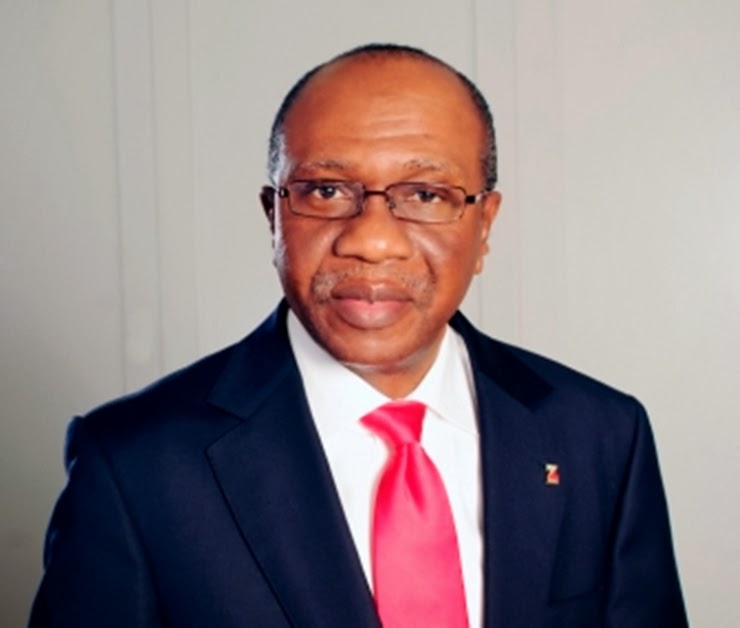The Central Bank of Nigeria (CBN) has foreclosed introduction of capital controls in the nation’s monetary, with the apex bank already reviewing a rule introduced last month which investors said could crush liquidity in the foreign exchange market.
The CBN’s policy stand was disclosed Wednesday by its governor, Godwin Emefiele, who however stressed that the decision was not influenced by the coming elections in the country.
Falling crude oil prices that have dropped by more than 50 per cent since June has battered the currency of Africa’s largest oil producer. The naira depreciated by almost 11 per cent in the past three months, the most among 24 African currencies tracked by Bloomberg.
CBN, last month, told banks to clear foreign exchange positions daily, having previously allowed them net-open positions of one per cent of shareholders’ funds, in a bid to bolster the currency.
“There will be a review in due course,” Emefiele said, yesterday. “But I can tell you categorically it will no longer be one per cent. It will be less than one per cent. The reason we put a stop to one per cent is because we felt that it was too large to be held by banks as a trading position.”
“CBN has no plans to change a rule adopted around the same time that dollars bought in the interbank market be used within 48 hours or sold to the regulator,. The naira is ‘currently appropriately priced’ and no new measures are being considered,” Emefiele said.
The currency weakened for a third day, declining 0.2 per cent to trade at 184.23 per dollar by 10 a.m. in Lagos, yesterday.
“We are satisfied with the current adjustment that’s been done. It remains a free entry and free exit market,” Emefiele said.
The administration, which gets 70 per cent of government revenue and almost all export earnings from oil, have proposed spending cuts and in November raised interest rates 100 basis points to a record 13 per cent in a bid to stem capital outflows and defend the naira.
The central bank, on November 25, also moved the naira’s official peg for twice-weekly auctions to a midpoint of 168 per dollar from 155 and widened its trading band to five per cent either side from three percent.
The measures implemented by the regulator has made it difficult for foreign investors to exit their holdings, Samir Gadio, head of African strategy at Standard Chartered Plc, said. “There’s a risk that these measures last as long as the central bank feels it doesn’t have the ability to control the exchange rate,” he said by phone from London yesterday, before Emefiele announced the review.
“That is news to me that foreign investors are unable to exit their positions. “If any foreign investor needs to exit its position, he should make a demand to a bank. If the bank cannot find those dollars to buy in the interbank market, the central bank will provide the dollars,” Emefiele said.
President Goodluck Jonathan’s ruling People’s Democratic Party will next month face elections against an opposition led by former military dictator Muhammadu Buhari, the stiffest challenge since the PDP came to power at the end of army rule in 1999. The central bank’s monetary policy committee will meet next on January 19 and 20, spokesman Ibrahim Mu’azu said by phone from Abuja yesterday.
“The elections have nothing to do with our decisions. We look at the economy, we look at what’s happening in the banking system and the foreign exchange market,” Emefiele added.

